2「かもしれない」 maybe, possibly

Table Of Content
かもしれない
Pattern: (V/A/N/Na) + かもしれない
This pattern indicates speculation about something with a relatively low possibility, and the speaker often doesn't have much confidence. This usage is also often used to express one's opinion in a tactful manner, avoiding being too assertive, regardless of the size of the possibility. It can be translated as "maybe" or "possibly" in English, and in spoken language, it can be shortened to "かも" (kamo).
In Japanese grammar, when using the more colloquial form "かも" (kamo), it is typically placed at the end of the sentence. This structure is often used in informal or spoken language to express uncertainty or possibility. Here's an explanation along with example sentences2
"かも" is a more colloquial expression, used in conversations with friends or juniors. The polite form is "かもしれません" (kamoshiremasen).
彼女は遅れてくるかもしれません。
